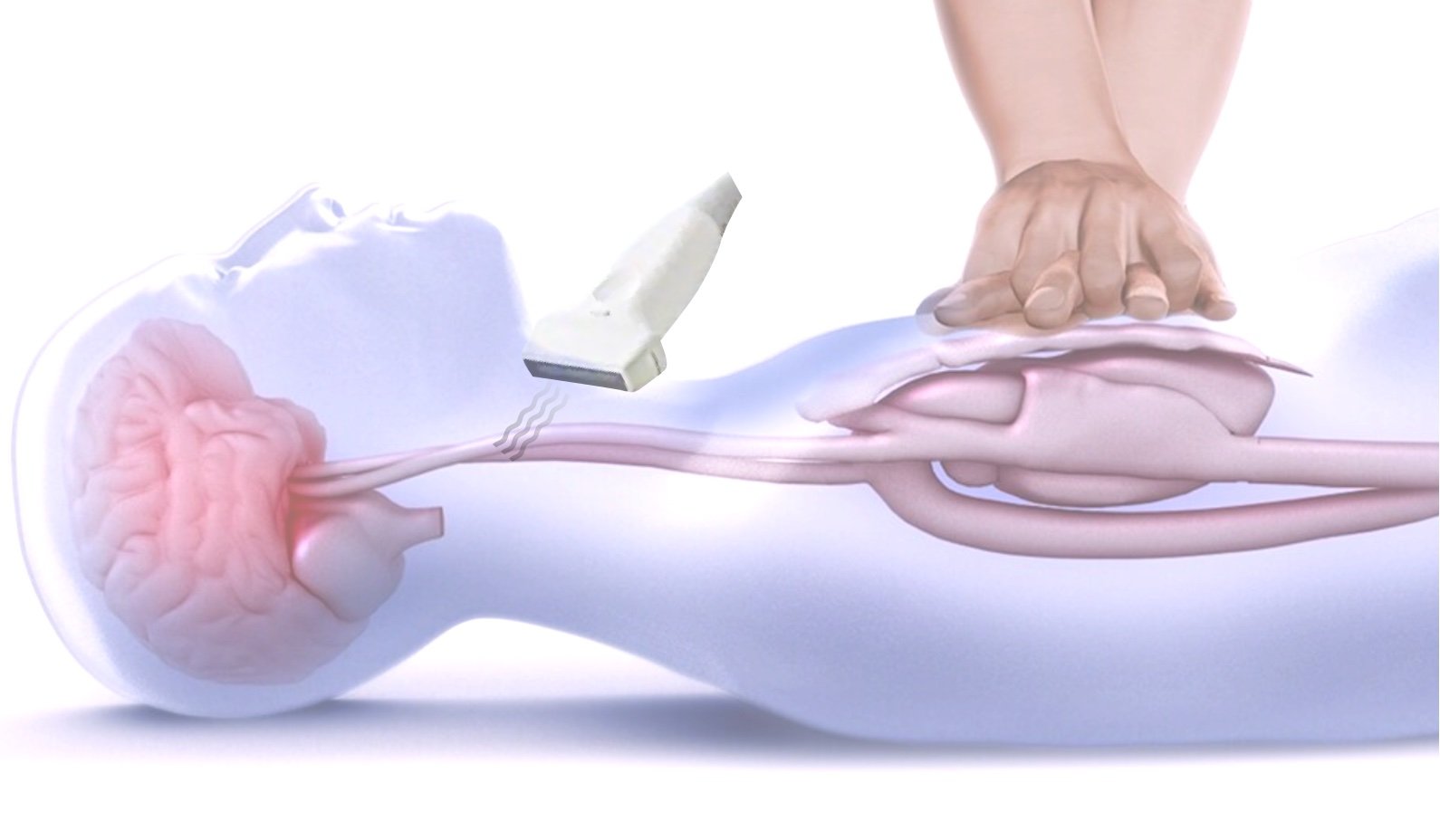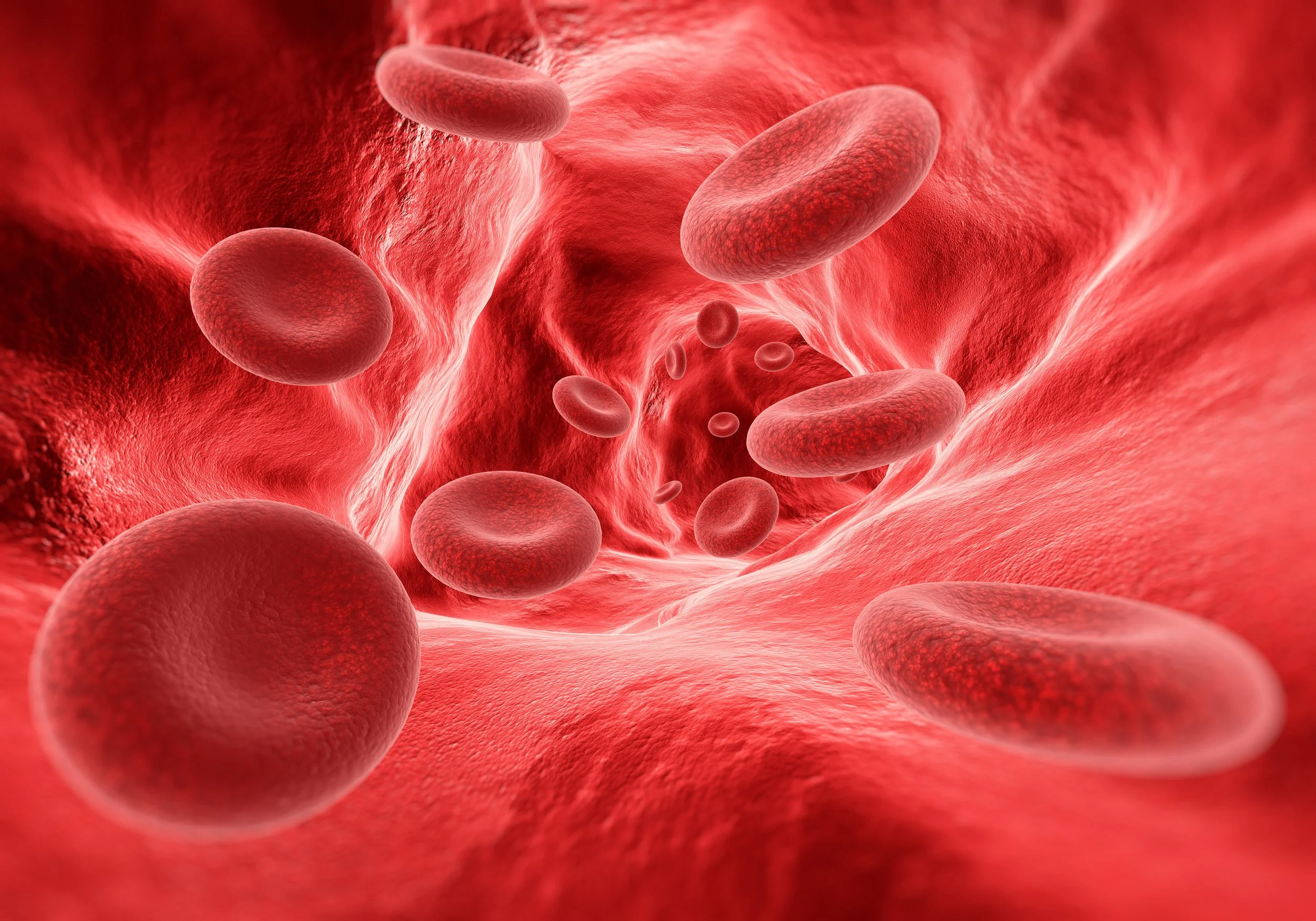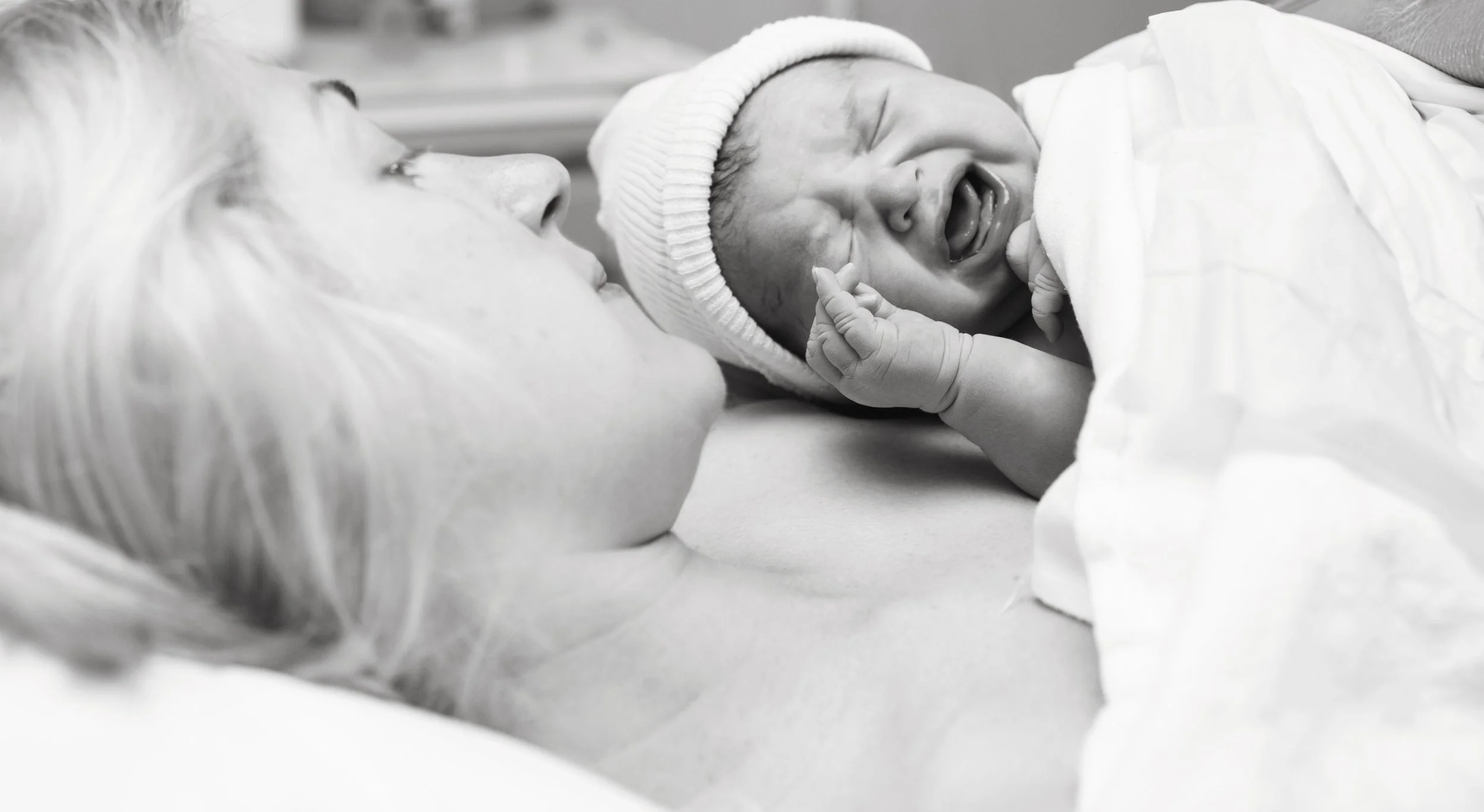Areas of Focus
-
![]()
Cardiac Arrest
600,000 cardiac arrests in the United States every year currently rely on manual palpation to determine treatment pathways during the most critical times
-
![]()
Vascular Medicine
Arterial access procedures (with over 11 million in the United States annually) have high risk of blood clots and limb ischemia, worsened by unreliable pulse checks. Unreliable pulse checks → Lost limbs
-
![]()
Maternal Health
Postpartum hemorrhage is the leading cause of maternal death with about 70,000 deaths every year, exacerbated by delay in recognition
-
![]()
Prehospital
Survival rates for cardiac arrest patients decrease by 10% every minute without effective treatment
-
![]()
Military
In tactical combat casualty care (TCCC), rapid and accurate assessment of a casualty’s pulse is critical for triage, treatment prioritization, and survival- yet, the standard is dependent on two fingers over the wrist, in the midst of combat
-
![]()
Global
All patients deserve high-quality monitoring, even in environments that historically lack advanced tools—rural hospitals, EMS systems, low-resource clinics, and military or disaster zones.
-
![]()
ICU
Manually checking and documenting pulses consumes valuable time from already overburdened nursing staff, increasing the risk of missed or delayed recognition of critical changes







